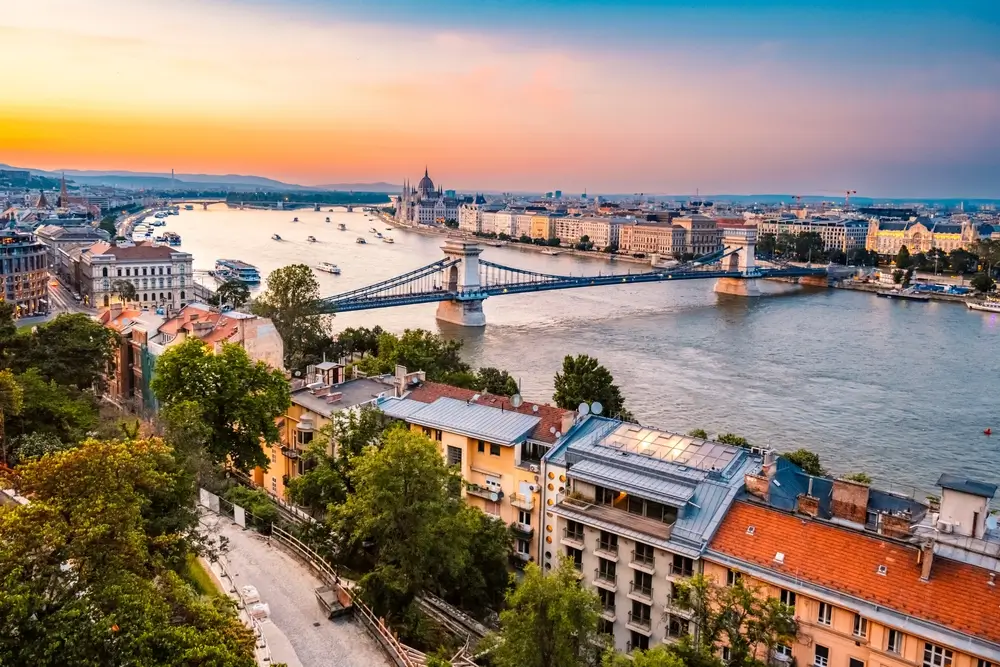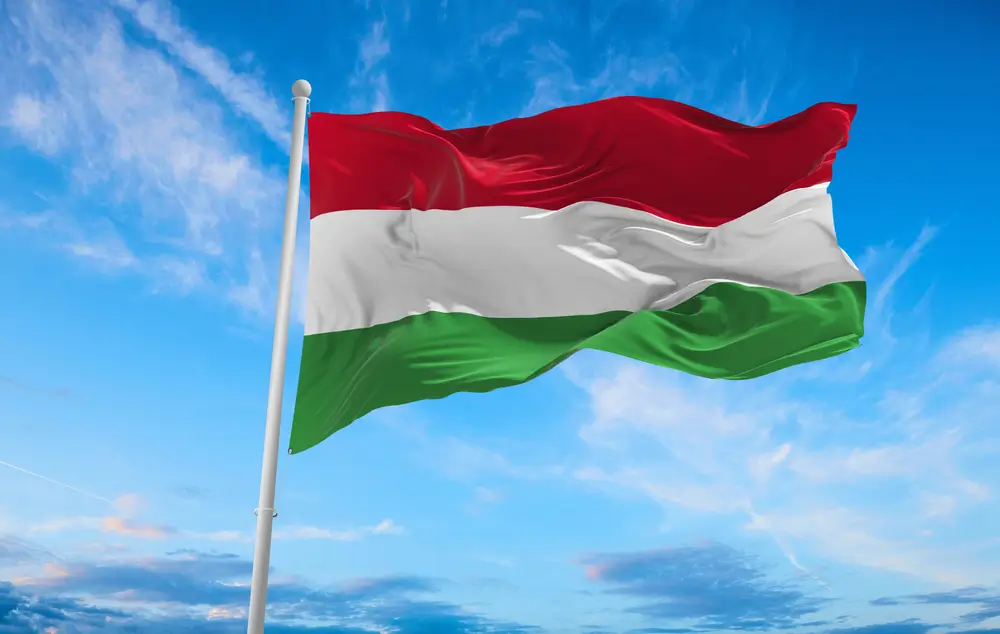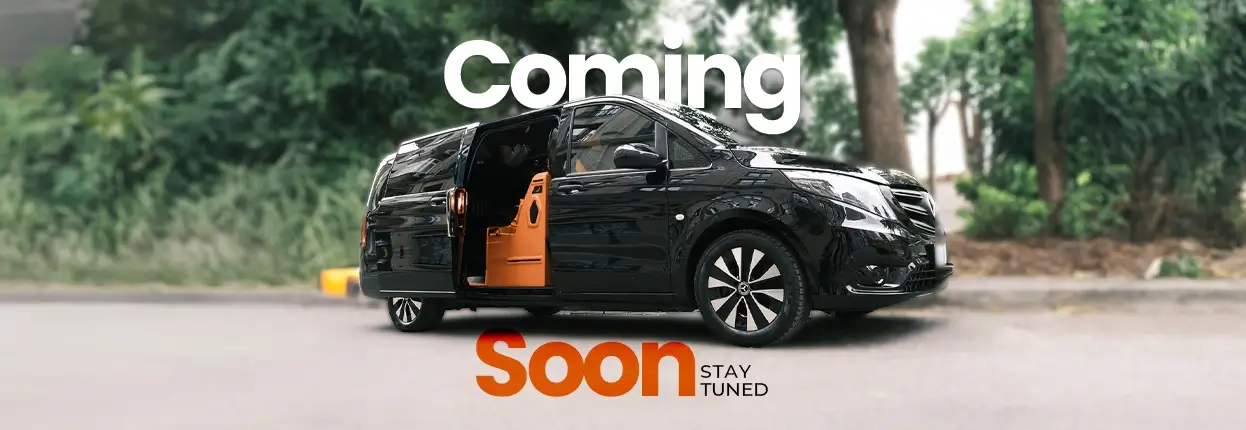Hungary
Hungary Guía de países

Hungary, located in the heart of Central Europe, attracts millions of visitors every year with its fascinating history, rich culture, and unique natural beauty. Sights such as the magnificent landscapes and historical buildings of Budapest, the Gothic cathedrals of Eger, and the neoclassical architecture of Szeged reflect Hungary's diversity. In addition, the country's spas and thermal baths, renowned for their thermal waters, provide visitors with the opportunity to rest and relax. Hungarian cuisine also offers an unforgettable experience. It delights the palate with traditional gulyás soup, delicious paprika dishes, and desserts. Hungary is the perfect destination for history, culture, nature, and gastronomy lovers. Explore this enchanting country and create unforgettable memories!
Things To Know Before Going To Hungary
- Adhere to designated swimming areas and avoid swimming in rivers or lakes where it's prohibited. Even seemingly calm waters may conceal dangerous whirlpools or cold currents.
- When dining in a restaurant, consider leaving a menu on the table until the waiter collects them. This precaution helps prevent any unauthorized changes to your order, ensuring accurate billing.
- Exercise caution when using ATMs and avoid Euronet ATMs, identifiable by their grey and dark blue color. Instead, opt for exchange offices or OTP ATM machines, distinguished by their green color and prominent OTP branding.
- For safe and reliable transportation, avoid freelance taxi services and utilize the Bolt app when in need of a taxi. This ensures a secure and regulated means of transportation during your travels.
Cultural and Local Hungary Tips
- Kindly refrain from engaging in small talk with strangers, as it may make them uncomfortable. While being courteous in everyday interactions is encouraged, respect for personal boundaries is paramount.
- Please be mindful of your volume and behavior in public spaces to ensure a comfortable environment for everyone. Loud or obnoxious conduct may attract unwanted attention and make others uncomfortable.
- It's common practice for individuals to blow their noses in public in Hungary. Please be understanding of this cultural norm during your visit.
- When interacting with waiters and cashiers, please be aware that their demeanor may differ from what you're accustomed to in your country. This is simply a reflection of cultural differences, and it's important not to take any perceived lack of warmth personally.
Is Hungary Expensive To Visit?
Hungary, particularly Budapest, is considered a budget-friendly destination compared to many other European cities. The cost of living and the value of the local currency, the Hungarian Forint, compared to popular currencies like the Euro or US Dollar, makes it more affordable for tourists.
Is Going To/Visiting Hungary Worth It?
Visiting Hungary is a great idea for anyone who loves history, beautiful sights, delicious food, and friendly people. In Budapest, you can see stunning buildings such as the Parliament and enjoy relaxing in hot thermal baths. The countryside offers picturesque landscapes and charming towns such as Eger and Szentendre. Hungary is full of cultural experiences, from sampling traditional dishes like goulash to savoring the vibrant atmosphere of Budapest's ruin pubs. Nature lovers will enjoy hiking in the mountains or relaxing by Lake Balaton. While Hungary isn't the cheapest place in Europe, it offers good value for what you get. So, if you want to experience a blend of history, culture, and natural beauty without spending too much money, Hungary is definitely worth a visit!
Is Hungary Good For Honeymoon?
Hungary, particularly Budapest, is an excellent choice for a honeymoon destination, offering a blend of sophistication, adventure, and romance. Whether you are interested in exploring historic landmarks, enjoying thermal baths, or indulging in fine dining, Hungary provides a diverse range of activities to create a magical honeymoon experience.
Safety of Hungary - Is Hungary Safe For Tourists? - Is Hungary Safe to Visit?
According to the U.S. Department of State, Hungary is generally a safe place to visit, but you should exercise caution and remain vigilant. Be especially careful in crowded tourist areas, train stations, buses, trams, and metros. Passports, cash, and credit cards are favorite targets of thieves.
Are Hungary People Friendly?
Hungarian people are known for being friendly and welcoming, a bit shy when it comes to speaking English, but very helpful when you find common ground. However, Hungarian people don't engage in fake politeness, excessive friendliness, or false pretenses. They tell you exactly what is going on with them and they expect the same from you.
Best Cities in Hungary
Here’s your fast Hungary city guide depending on where city you are planning to visit:
City Name | Best For | Best Attractions | Average Trip Cost |
| Budapest | Families | Budapest Zoo and Botanical Garden, Margaret Island, Hungarian Natural History Museum, Buda Castle District, Hungarian Railway History Park | $800 - $1200 |
| History Lovers | Hungarian National Museum, House of Terror, Matthias Church, Hungarian State Opera House, Hungarian Heritage House | ||
| Eger | Nature Lovers | Bükk National Park, Valley of the Beautiful Women, Szalajka Valley, Castle of Eger, Bélapátfalva | $600 - $900 |
| Adventure Seekers | Szépasszony Valley, Eger Castle, Eger Thermal Bath, Dobó Square, Basilica of Eger | ||
| Pécs | History Lovers | Pécs Cathedral, Early Christian Mausoleum, Pécs Synagogue, Zsolnay Museum, Museum of Fine Arts | $700 - $1000 |
| Foodies | Pécs Farmer's Market, Pécsi Bisztró, Márkus Vendéglő, Wabi Sabi, Pécsi Rétesház | ||
| Szentendre | Art and Culture | Open-Air Ethnographic Museum, Serbian Orthodox Museum, Main Square (Fő tér), Kovács Margit Ceramic Museum, Ferenczy Museum | $500 - $800 |
| Nature Lovers | Szentendre Skanzen Open Air Museum, Serbian Orthodox Church, Kovács Margit Ceramic Museum, Ferenczy Museum, Danube River Cruise | ||
| Foodies | Szentendre Marzipan Museum, Rétesvár, Horváth Csárda, Művészsarok Étterem, Lepke Restaurant |
Here are the best Budapest Hotels.
Must-See Hungary Attractions
- Buda Castle: A historic landmark in Budapest, offering majestic proportions and a UNESCO World Heritage Site status.
- Danube River: The iconic river that runs through Hungary, providing picturesque views and opportunities for river cruises.
- Historic Spa Towns: Hungary is famous for its thermal baths and spa towns, such as Széchenyi Baths in Budapest.
- Esztergom Basilica: A significant religious site in Hungary, known for its grand architecture and historical importance.
- Great Synagogue: Located in Budapest, the Dohány Street Synagogue is the largest synagogue in Europe, showcasing Moorish Revival architecture and a rich history.
- Hungarian Parliament Building: An architectural marvel in Budapest, known for its Gothic Revival and Renaissance Revival style, and functioning as a key legislative body.
- Hortobágy National Park: Located in the eastern corner of Hungary, this park offers a glimpse into the country's natural beauty and diverse wildlife.
- Hungarian Open Air Museum: A cultural attraction near Budapest, providing insights into traditional Hungarian life through various exhibits and activities.
- Fisherman’s Bastion: A neo-Gothic structure offering panoramic views of Budapest, symbolizing the Seven Chieftains of the Magyars.
- Hungarian State Opera House: A Neo-Renaissance architectural gem in Budapest, renowned for its lavish interior and historical significance.
Where is Hungary?
Hungary is a landlocked country located in Central Europe. It is bordered by Slovakia and Ukraine to the north, Romania to the east, Serbia and Croatia to the south, and Slovenia and Austria to the west.
What is the Capital of Hungary?
Budapest is the capital and most populous city of Hungary. It is located in north-central Hungary, straddling the Danube River. Budapest consists of two parts, Buda and Pest, which are situated on opposite sides of the Danube and connected by a series of bridges.
Languages Spoken in Hungary
The official language of Hungary is Hungarian. 98.9% of the population speaks Hungarian as their mother tongue. However, there are some other languages spoken in Hungary. Here is a list of the most spoken languages in Hungary:
- Hungarian: 99.6%
- English: 16.0%
- German: 11.2%
- Russian: 1.6%
- Romanian:1.3%
- French: 1.2%
- Italian: 0.8%
Time Zone of Hungary
Hungary operates in the Central European Summer Time (CEST) zone, which is 2 hours ahead of Coordinated Universal Time (UTC). The country observes Daylight Saving Time (DST), also known as summer time, with DST starting on March 30, 2024, and ending on October 26, 2024. During DST, Hungary sets the clock forward by 1 hour, aligning with the CEST time zone.
What Currency Does Hungary Use?
Hungary uses the Hungarian forint (HUF) as its official currency. The country. Hungary is one of the European Union countries that has not yet adopted the euro.
Hungary Flag

The national flag of Hungary is a horizontal tricolor of red, white, and green. The flag's current form has been the official state flag of Hungary since May 23, 1957. The red color of the flag represents the blood shed in battles for the fatherland. It symbolizes the sacrifices made by Hungarians throughout their history to protect their nation and its sovereignty. White symbolizes Hungary's rivers, representing the lifeblood of the nation and its connection to the natural environment, while green represents Hungary's mountains, symbolizing hope and the nation's aspirations for a better future.
Population of Hungary
According to Worldometer, the current population of Hungary is 9,994,993 as of 2024, which represents a 1.59% decline from 2023.
Strange Laws in Hungary
- Public Affection: Public displays of affection are technically illegal in certain places like public transportation stations and schools.
- Flower Picking: It's illegal to pick flowers in public parks and gardens without permission.
- Exotic Pets: Owning exotic pets like crocodiles and venomous snakes without a permit is against the law.
- Hood Ban: Wearing hoods or any headgear that obscures the face in public spaces is prohibited, except for religious or medical reasons.
- Public Drinking: While not illegal, there are restrictions on drinking alcohol in public places like public transportation and schools.

